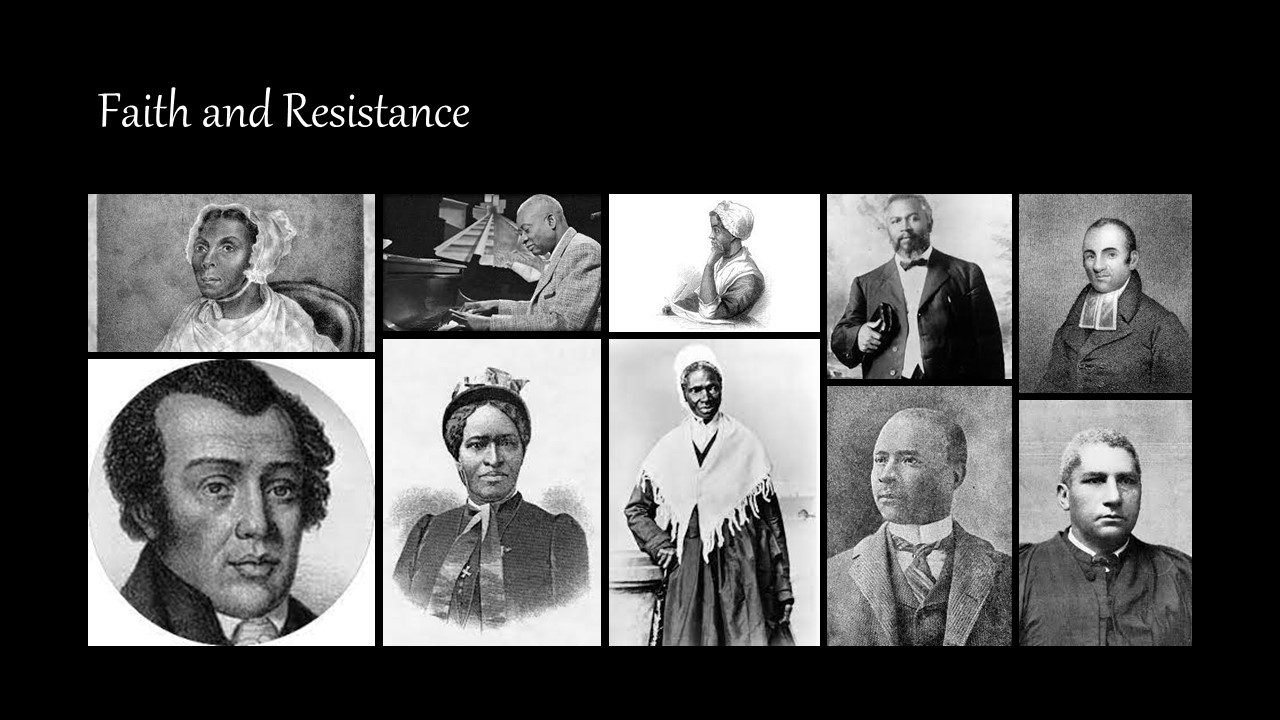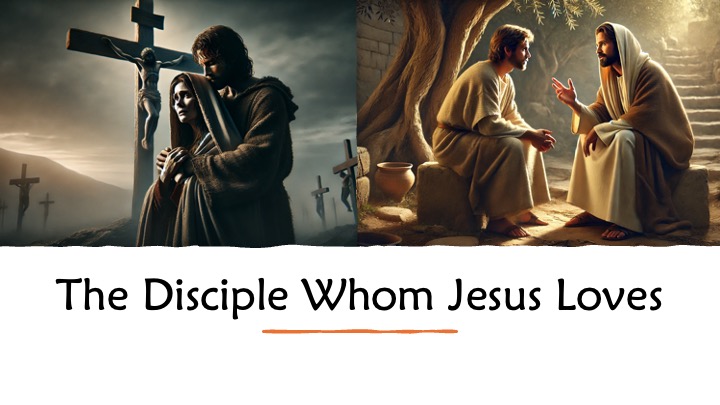The exact date of Jesus' birth is unknown, but historical and biblical records suggest it likely occurred between 6 BC and 4 BC, during the reign of King Herod. Scholars have analyzed historical events, such as a census mentioned in Luke's Gospel and astronomical phenomena like the Star of Bethlehem, to narrow the timeline. Despite some errors in Dionysius Exiguus’s 6th-century calendar calculations, which led to the BC/AD system, the birth of Jesus remains a pivotal moment in marking history.
December 25th, the date widely celebrated as Jesus's birth, was chosen for symbolic and cultural reasons rather than historical accuracy. Early Christians aligned Jesus' birth with themes of light and renewal, coinciding with the winter solstice and existing Roman festivals like Sol Invictus. While some biblical interpretations suggest Jesus may have been born in the spring or fall, the specific date is less significant than the profound spiritual meaning of the event.
The true essence of Christmas lies not in pinpointing a date but in celebrating the arrival of Jesus as the Savior of the world. His birth represents God's immense love for humanity and offers an invitation to embrace Him in our hearts. Christmas calls us to reflect on this divine love, live transformed lives, and share Christ's light and grace with others, embodying the true spirit of the season.

Today we wrap up our episodes in recognition of Black History Month by profiling ten important figures in early African American Christian history: Lemuel...

Passion Week, also known as Holy Week, is the week leading up to the crucifixion and resurrection of Jesus Christ. It is so named...

In Part 2 of “The Disciple Whom Jesus Loves,” the apostle John recalls his early life in Capernaum, where daily routines of fishing with...